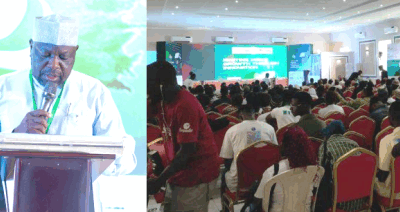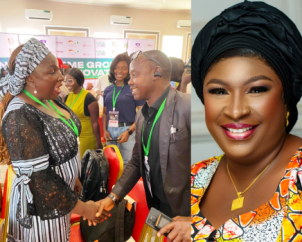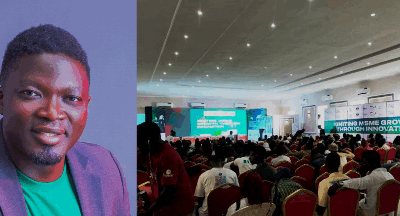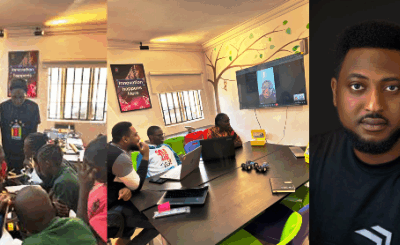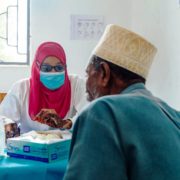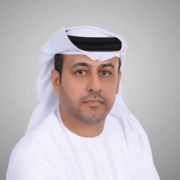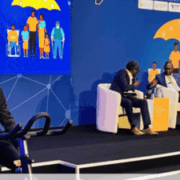How has the For Women in Science program evolved over the years, and what impact has it had on women scientists in Sub-Saharan Africa?
Being part of the For Women in Science programme has been both enlightening and transformative. The programme goes beyond recognition by offering mentorship and networking opportunities empowering women to overcome challenges unique to their careers. It equips participants with the tools to excel, ensuring they make meaningful contributions to science and society.
FWIS has consistently supported women in navigating societal expectations and professional barriers. It has help to create a platform where their voices and work are amplified. Over the years, this initiative has played a pivotal role in fostering personal and professional growth. At the same time, it is bridging the gender gap in science across the continent.
“No woman should lose her life to pre-eclampsia”
What inspired your passion for science and research into pre-eclampsia?
My journey began during a visit to a medical laboratory, where I marveled at the ability to diagnose conditions from blood samples. However, it was the loss of my cousin to pre-eclampsia that truly ignited my passion. This tragedy exposed the gaps in maternal and neonatal healthcare, inspiring me to pursue solutions.
Pre-eclampsia is preventable, and no woman should lose her life to it. My research focuses on early detection and prevention. The aim is to reduce mortality rates and improve health outcomes for mothers and their babies.
This year’s laureates represent diverse fields of research. How does this interdisciplinary approach contribute to addressing Africa’s challenges?
Africa’s challenges—whether in health, renewable energy, or environmental sustainability—require collaborative solutions. The FWIS program bridges gaps across disciplines, fostering innovation through shared ideas and expertise.
ADVERTISEMENT

Participants come from various scientific fields, enabling cross-disciplinary problem-solving. This collaborative network is invaluable; for example, when I face challenges in my field, I can consult colleagues in related areas for insights or advice.
Such partnerships not only drive individual success but also contribute to solving pressing issues across the continent.
How the laureates’ are impacting communities
Can you share examples of how the laureates’ work impacts communities or holds promise for future advancements?
In my work, I’ve engaged in community-driven initiatives, such as blood donation drives in Calabar, which have directly addressed local healthcare needs. Similarly, FWIS laureates across fields are creating tangible solutions. In renewable energy, researchers are developing affordable, sustainable solutions for rural communities. In health, pojects like mine are improving maternal and child healthcare. In security: innovations are enhancing public safety through technology.
These efforts not only benefit immediate communities but also pave the way for scalable, long-term solutions.
How has the For Women in Science program specifically helped your research?
The FWIS program has elevated the visibility of my work, providing a platform to share my findings and collaborate with global organizations. It has enhanced my confidence, leadership, and ability to connect with experts in my field.
ADVERTISEMENT

This opportunity will enable me to expand my research on hypertensive disorders in pregnancy, collaborate with national and international institutions, and contribute to improving healthcare outcomes across Sub-Saharan Africa.
Editor’s comment
Joyce Ezekiel Etura exemplifies the transformative power of passion and purpose in scientific research. Through her work on pre-eclampsia and her participation in the L’Oréal-UNESCO For Women in Science program, she is making a lasting impact on maternal health and inspiring future generations of African women in STEM.




